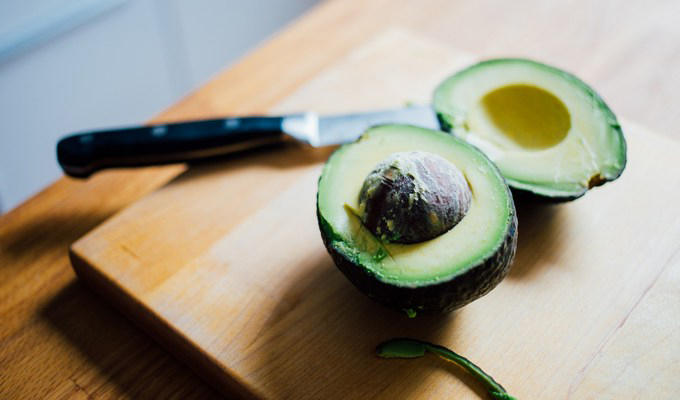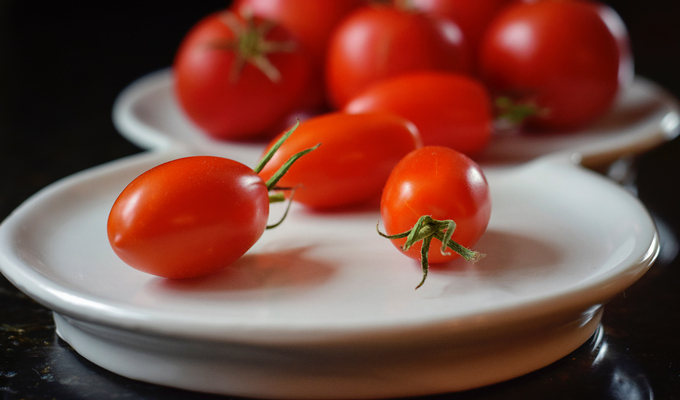Low Iron Foods. Full List
If you do not get enough iron in your diet, your immune system will not work as needed, you will not have enough energy and you will feel bad, your performance will suffer. Iron is necessary for the formation of red blood cells that transport oxygen throughout your body, as well as for the differentiation of cells. But, for some people, it is necessary to limit the amount of iron they consume due to a hereditary disease called hemochromatosis.
If you have too much iron in your blood, it may either be due to a genetic predisposition or the causes are in your diet. In any case, you should not have an excess of iron. Because for your health, the over-concentration of the trace element can have negative consequences.
If there is too much of this mineral in the blood, there is a risk that everyday life will be made considerably more difficult because the excess iron deposits іn the organs.
These changes are then manifested by pain. Whether abdominal cramps, joint pain or a stinging in the chest. All of these are reactions of the body to the increased level of this microelement. If these symptoms occur and you suspect iron overload, you should seek the help of your family doctor.
Iron deposits can not only cause damage to internal organs themselves, they can also increase the damaging effect of toxins or pathogens. This is especially true for alcohol. Even low levels of this mineral in the liver can significantly increase the harmful effects of alcohol on the organ. Therefore, even more than healthy people with iron overload should limit their alcohol intake or, in the best case, abstain completely from alcoholic beverages.
To avoid the danger, you should pay attention to a suitable diet. Although the body relies on the supply of iron - the ratio must be correct. Keep in mind that animal products have а high iron content. For elevated iron values, a close-meshed laboratory control is usually performed.
Most fresh fruits and vegetables are low in iron by nature, but some contain much less iron than others.
Iron free foods
Asian pears do not contain iron and avocados, grapefruits, tomatoes, apples, mandarins, plums, oranges, apricots, papayamilk, cottage cheese contain only traces of this microelement per serving or less than 1-2 percent of the required daily allowance for a person per day. These are all great options for people who can't consume too much of this mineral.

Low iron foods
Mangoes, kiwis, star fruits, pears, peaches, bananas, melons, lemons, nectarines, watermelons, peaches, strawberries, blueberries, pineapples and green peas are also low iron foods - less than 0.7-0.8 milligrams per serving.
This way, they won't significantly affect your overall iron intake if you consume them in moderation.
Foods and iron intake
Most fruits and vegetables are generally low iron foods, but they do contain a lot of vitamin C. Vitamin C helps you absorb the iron more efficiently.
So, eating vegetables and fruits for a long time together with the eating foods that contain more iron may reduce the negative effect for you.

